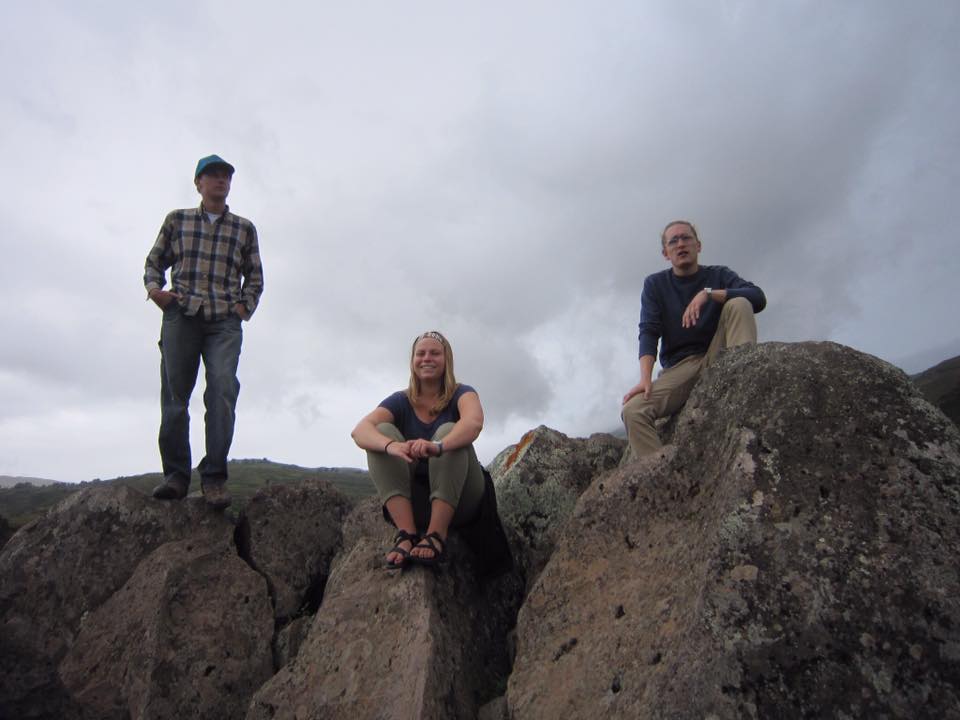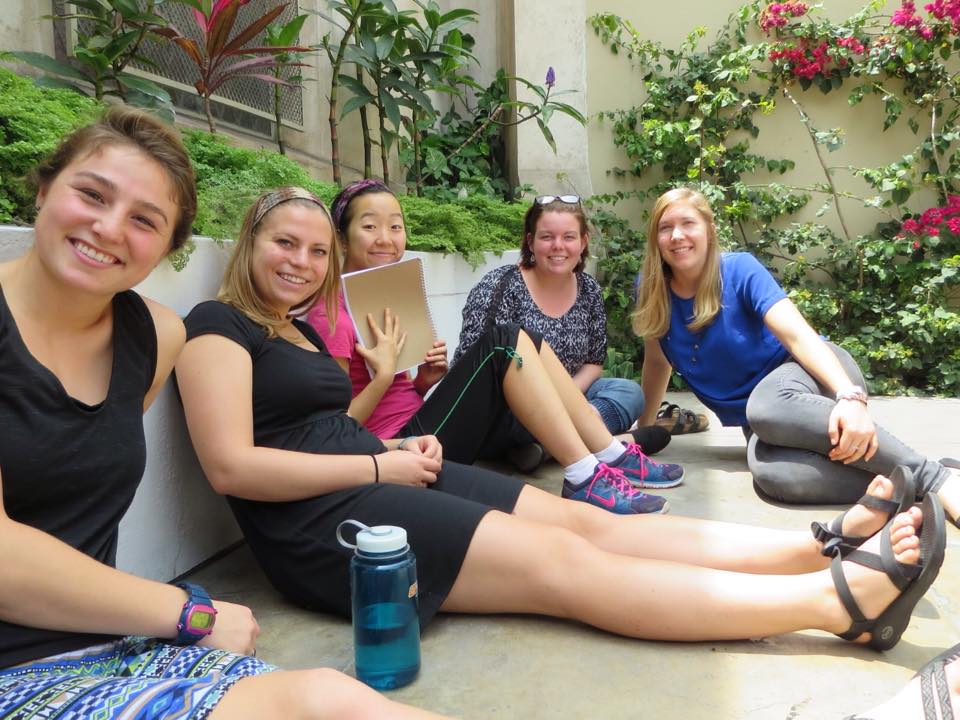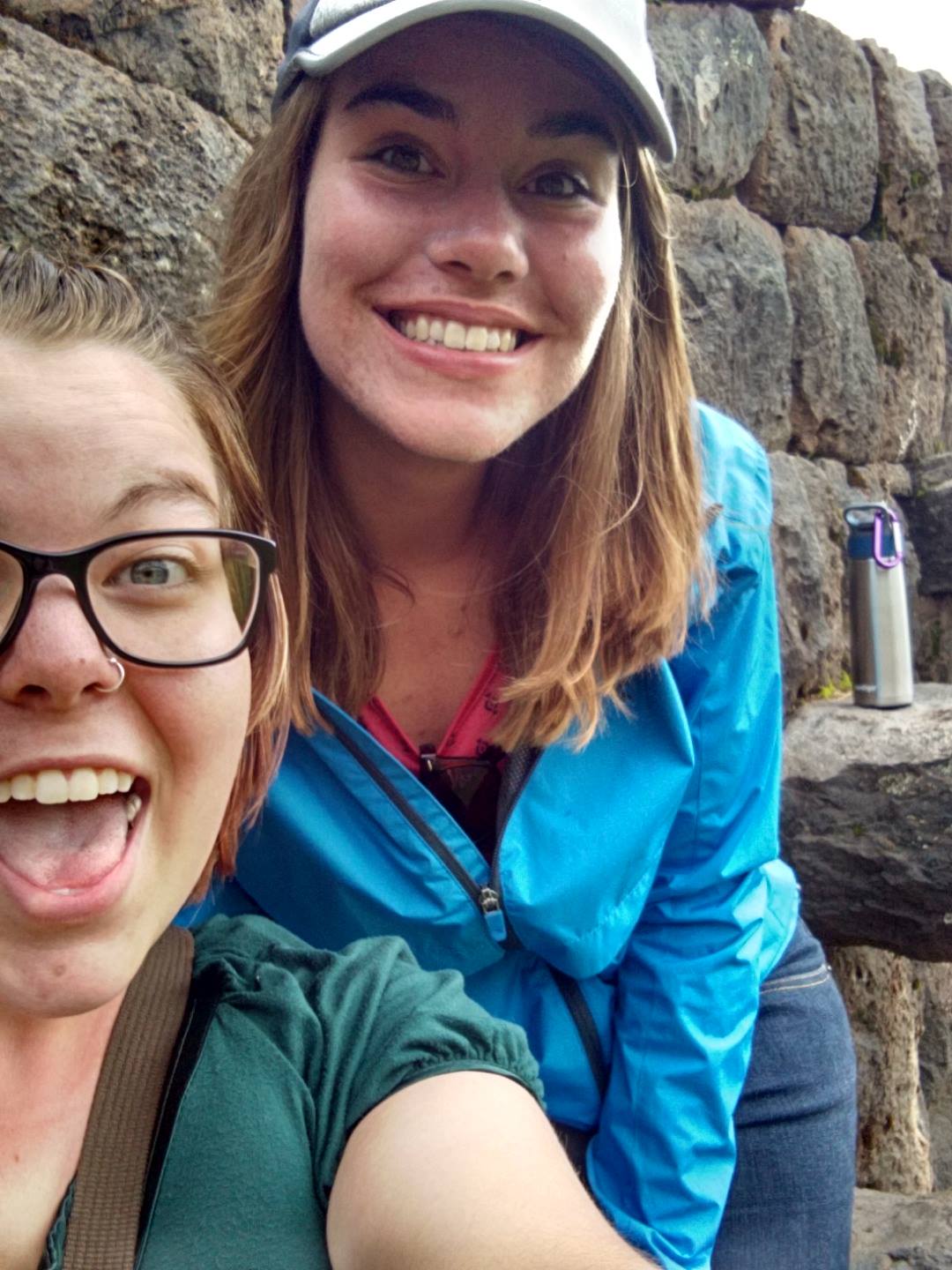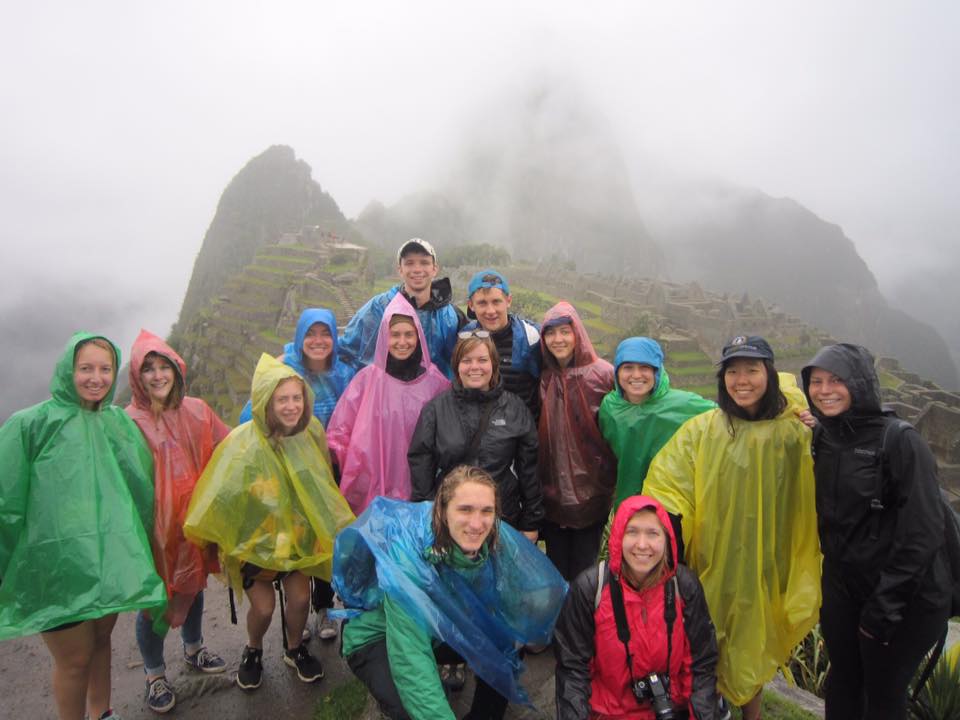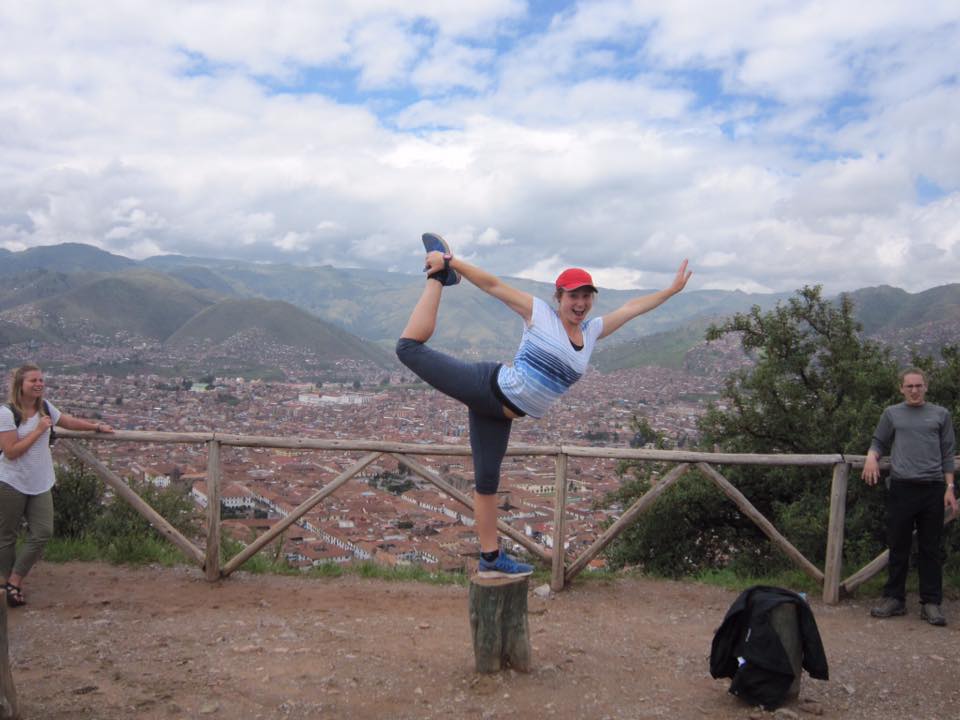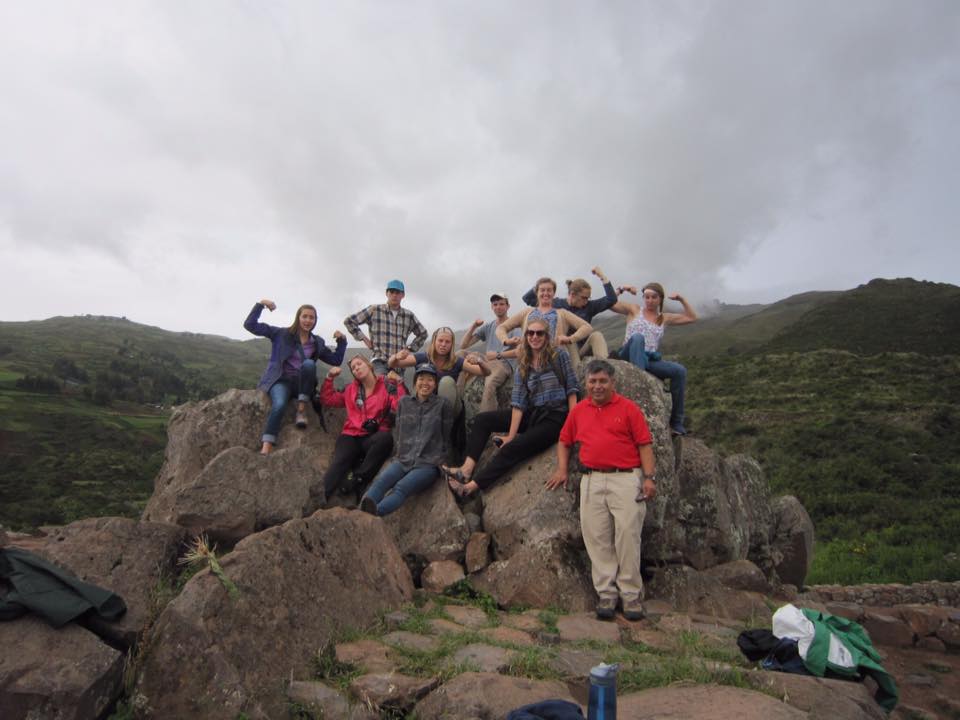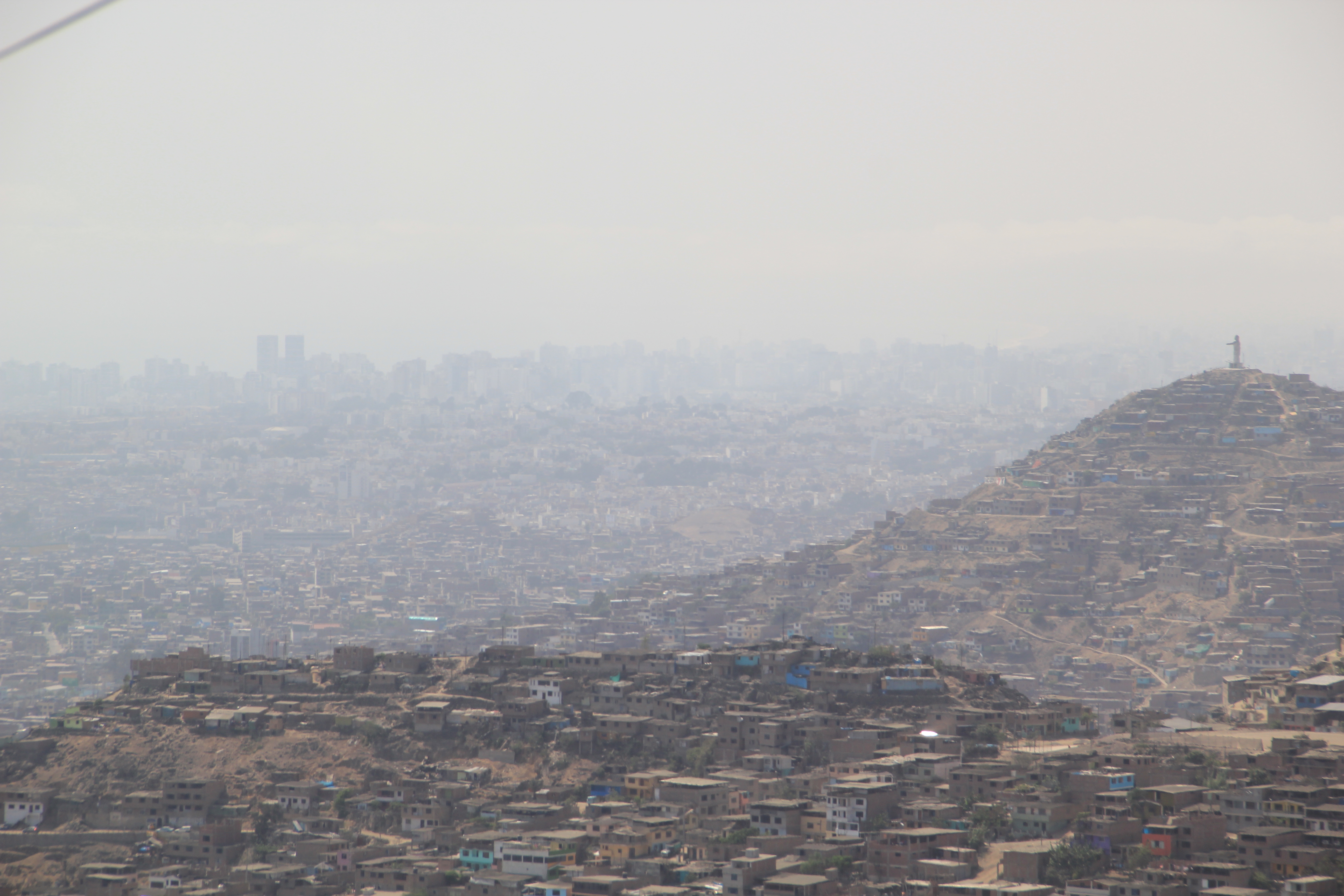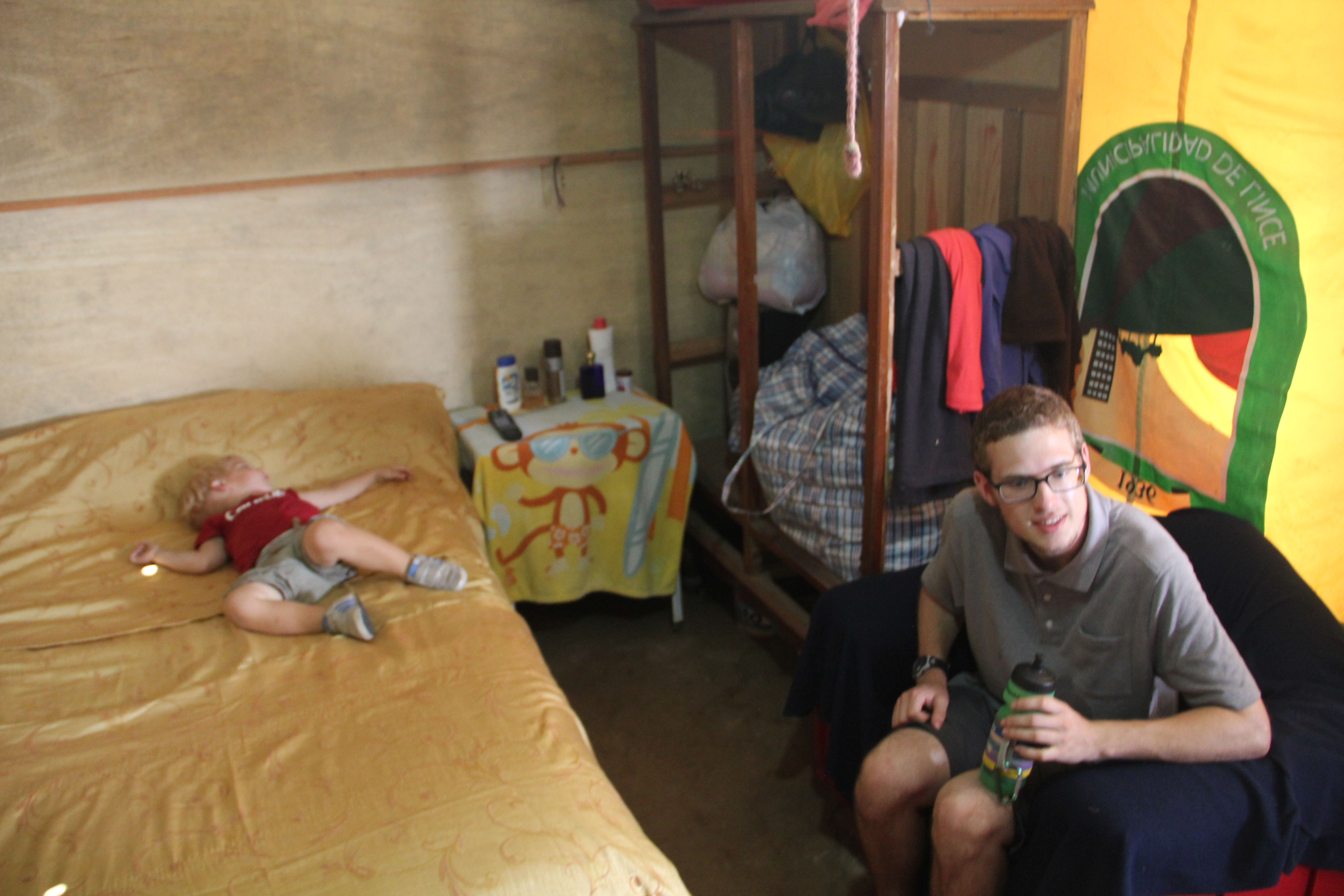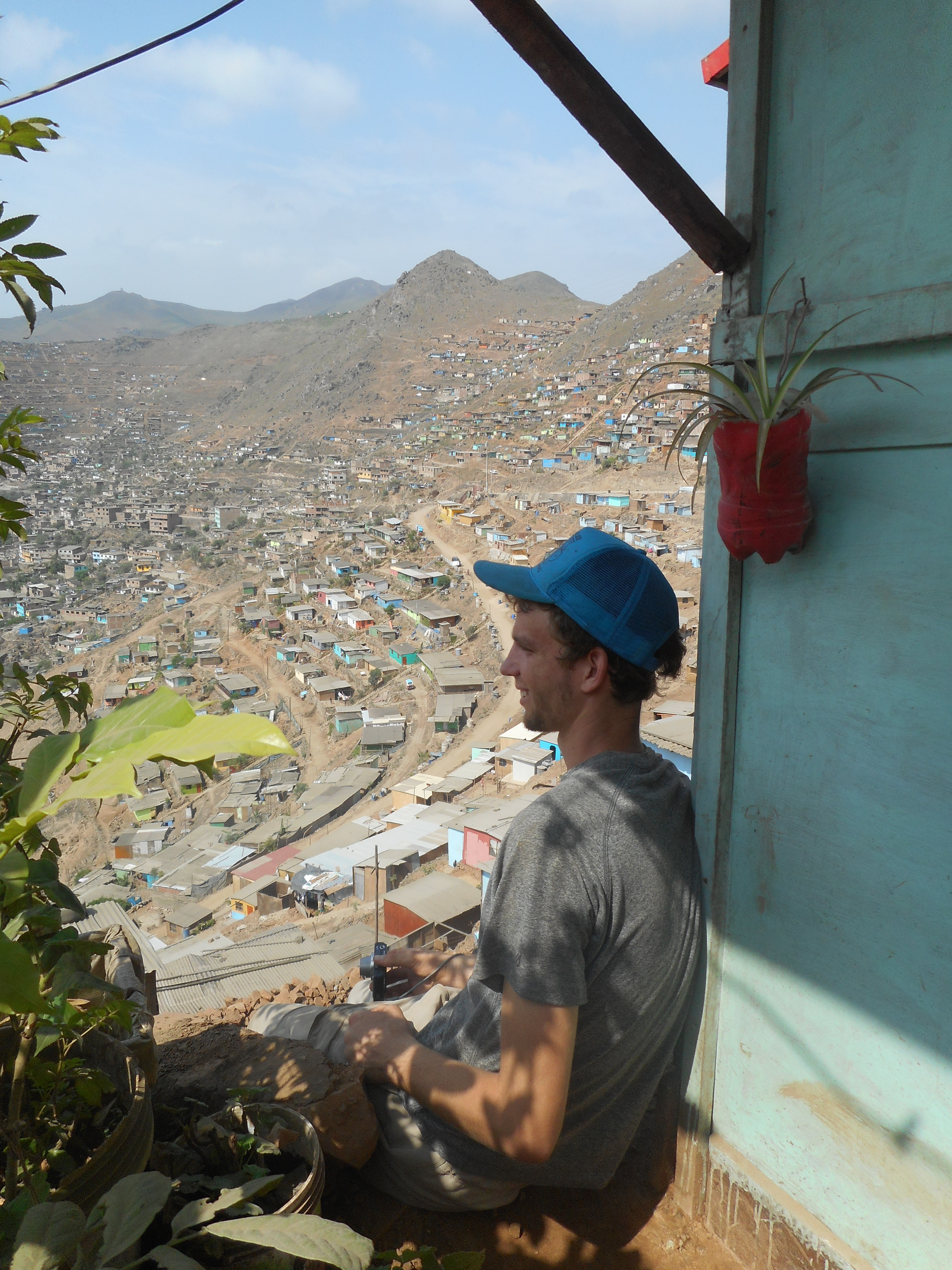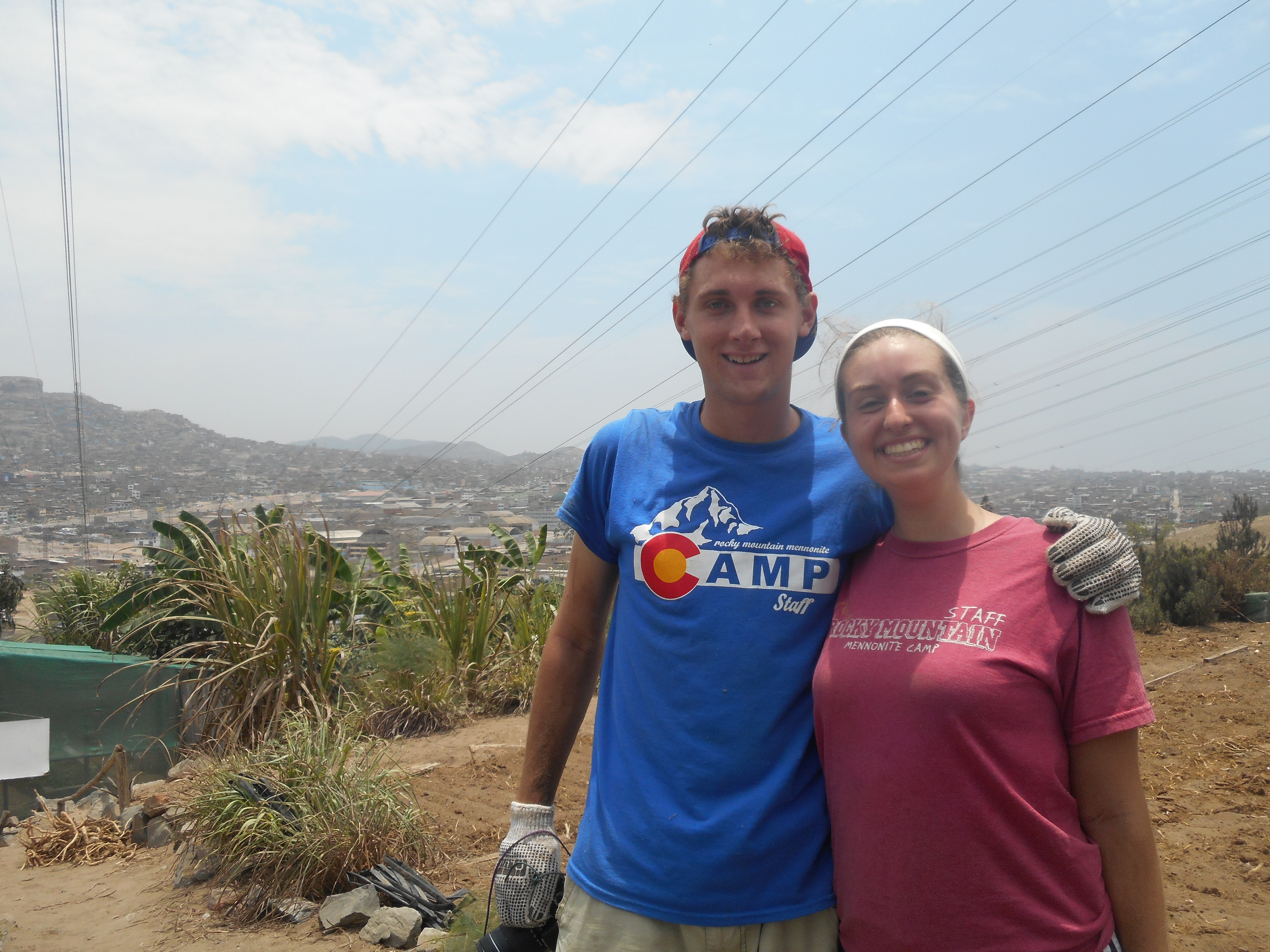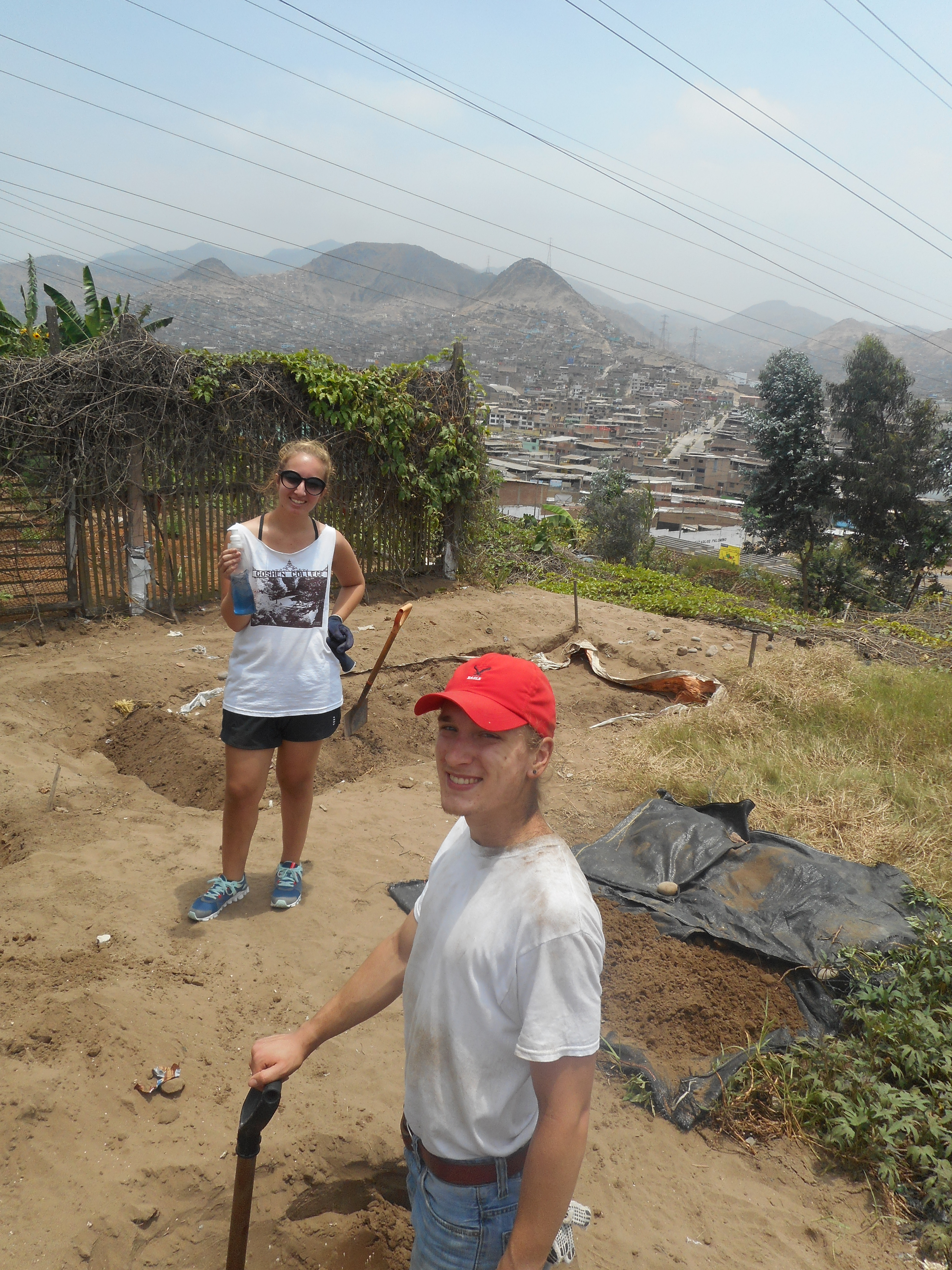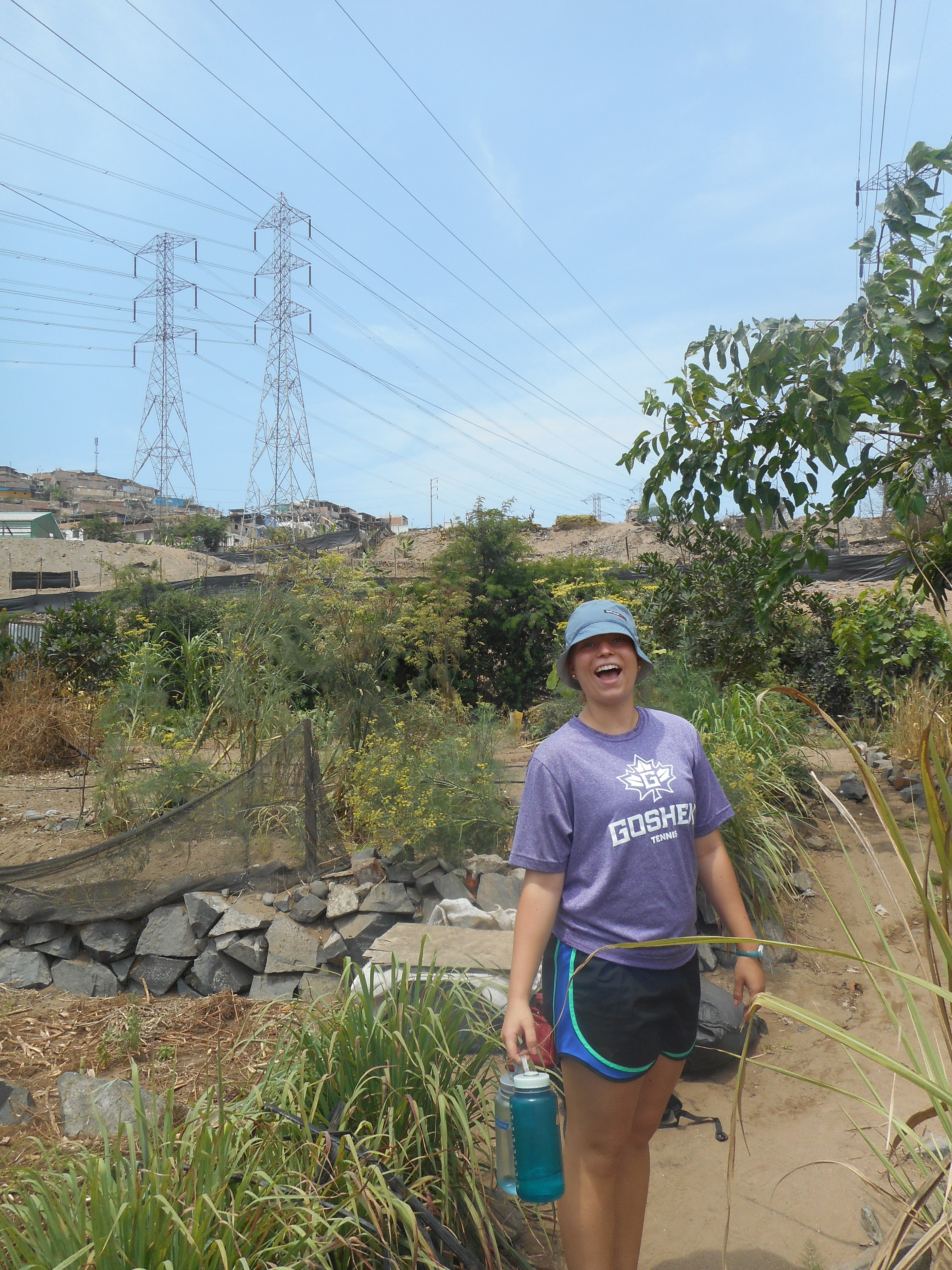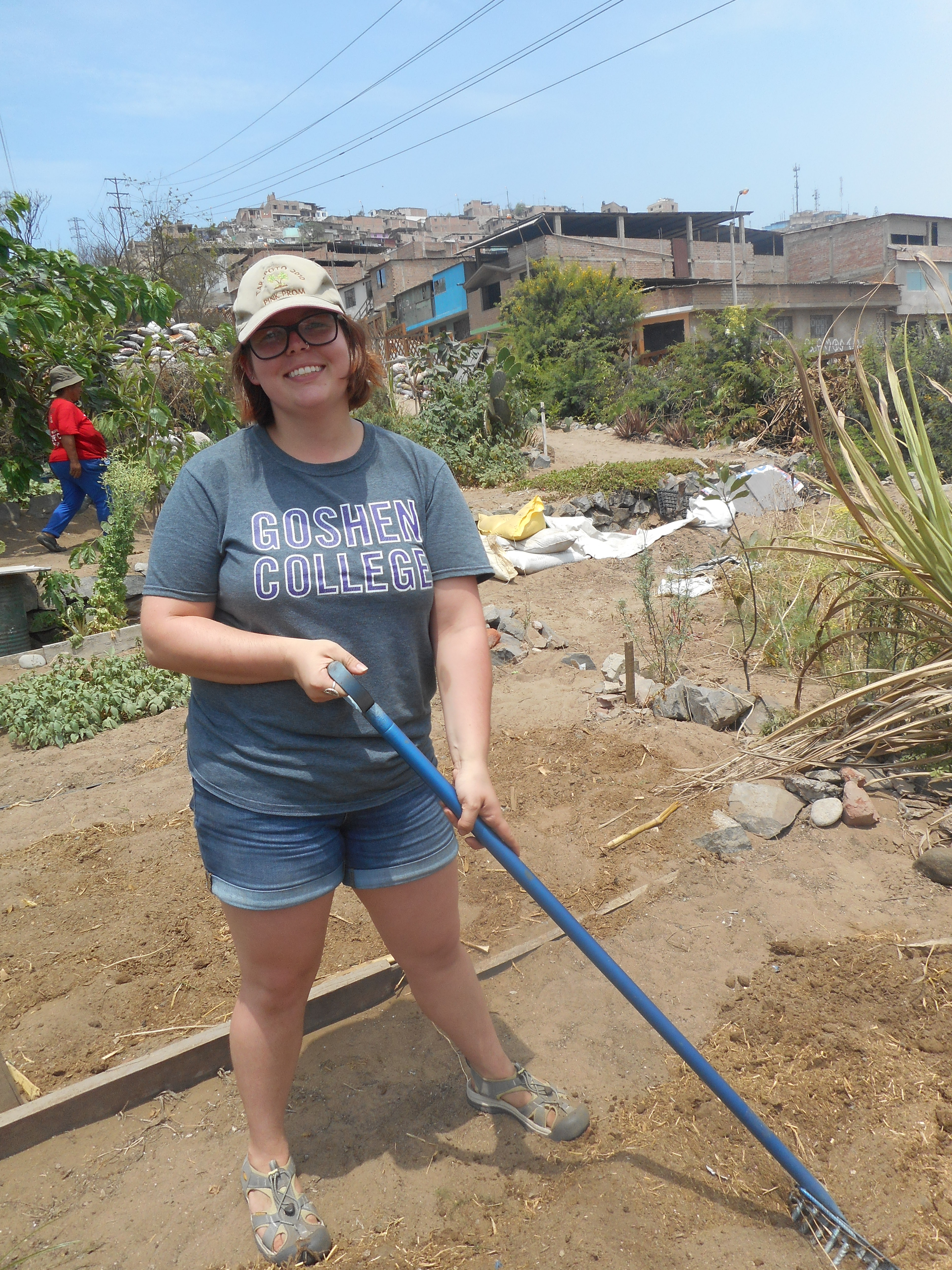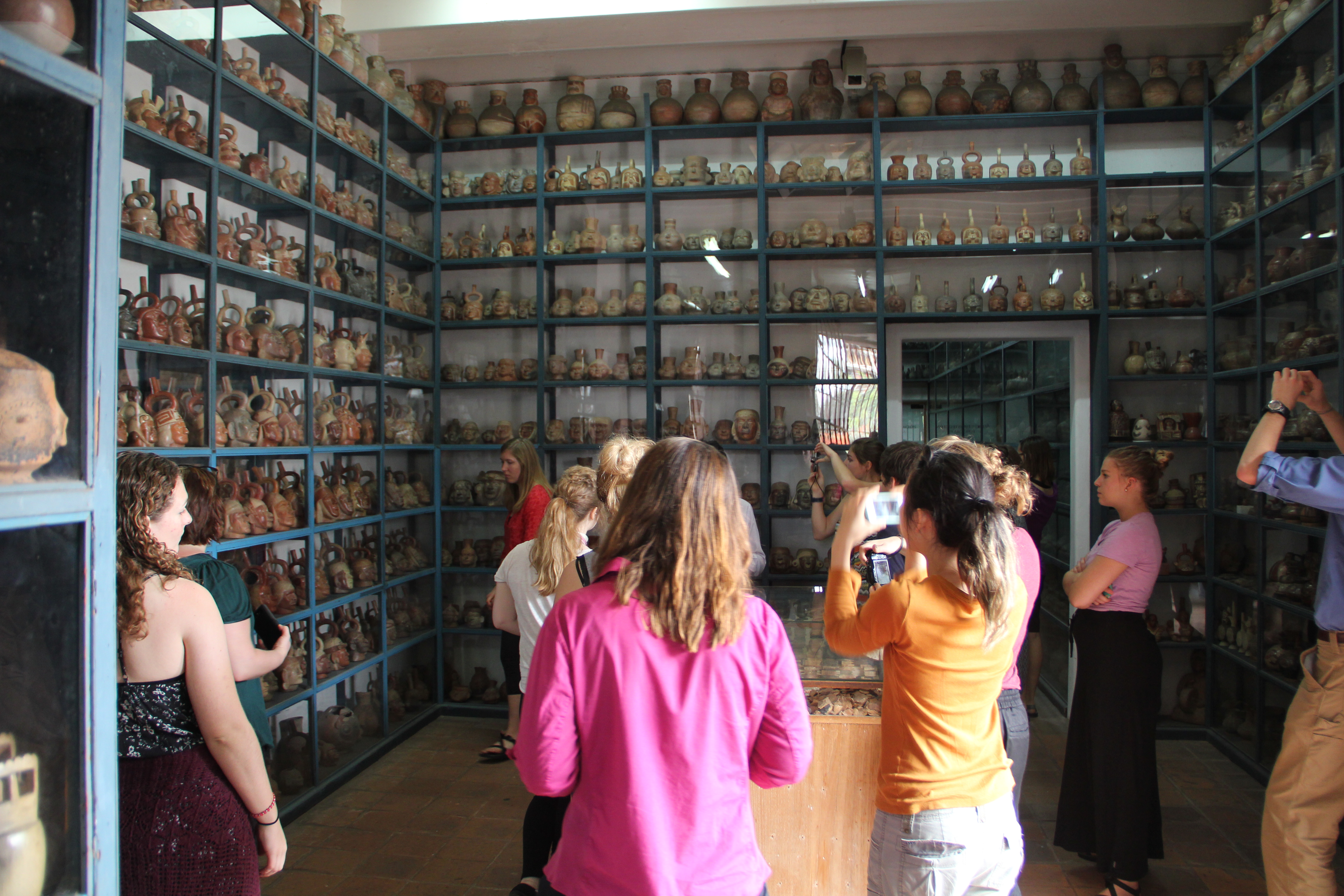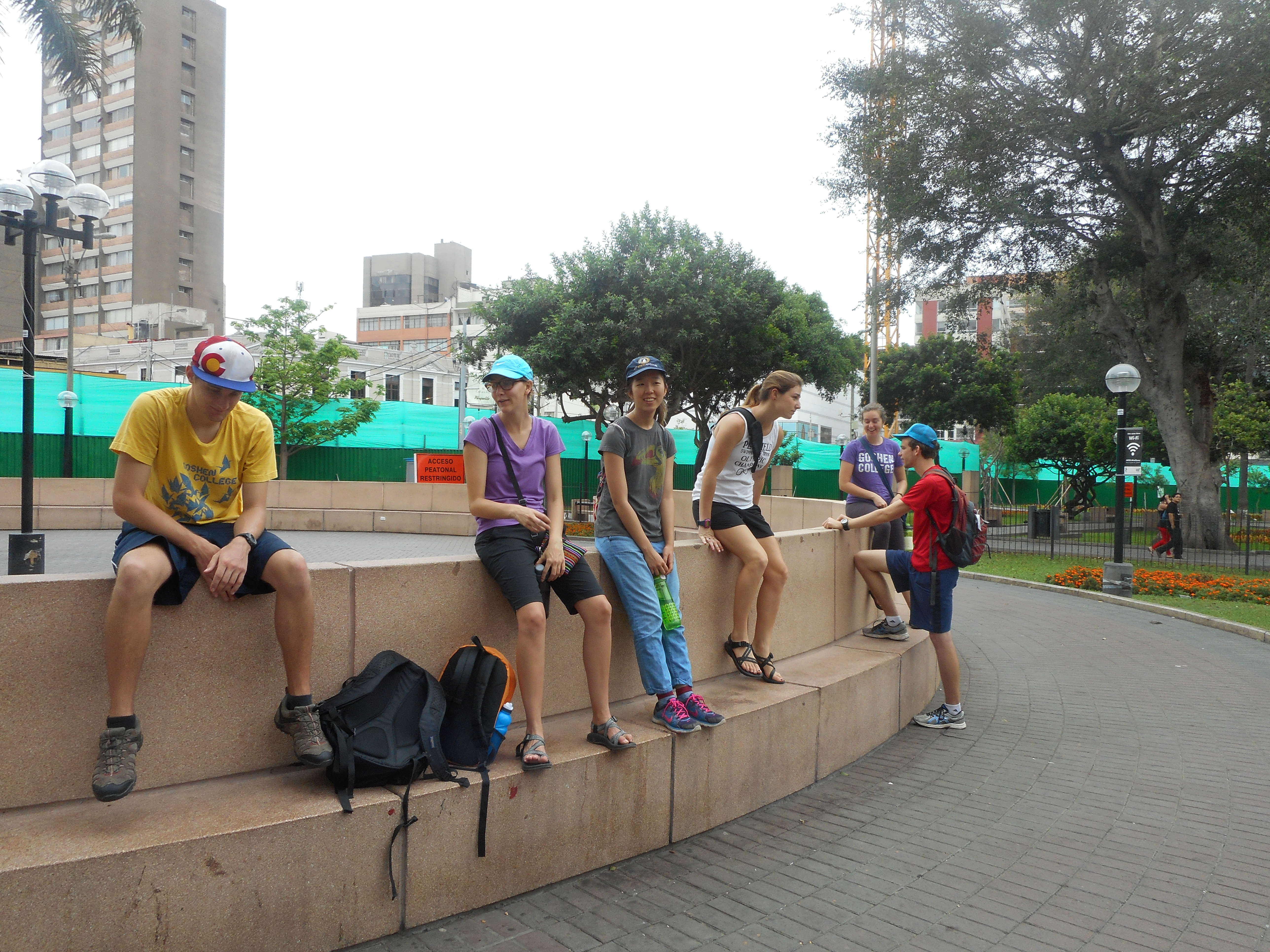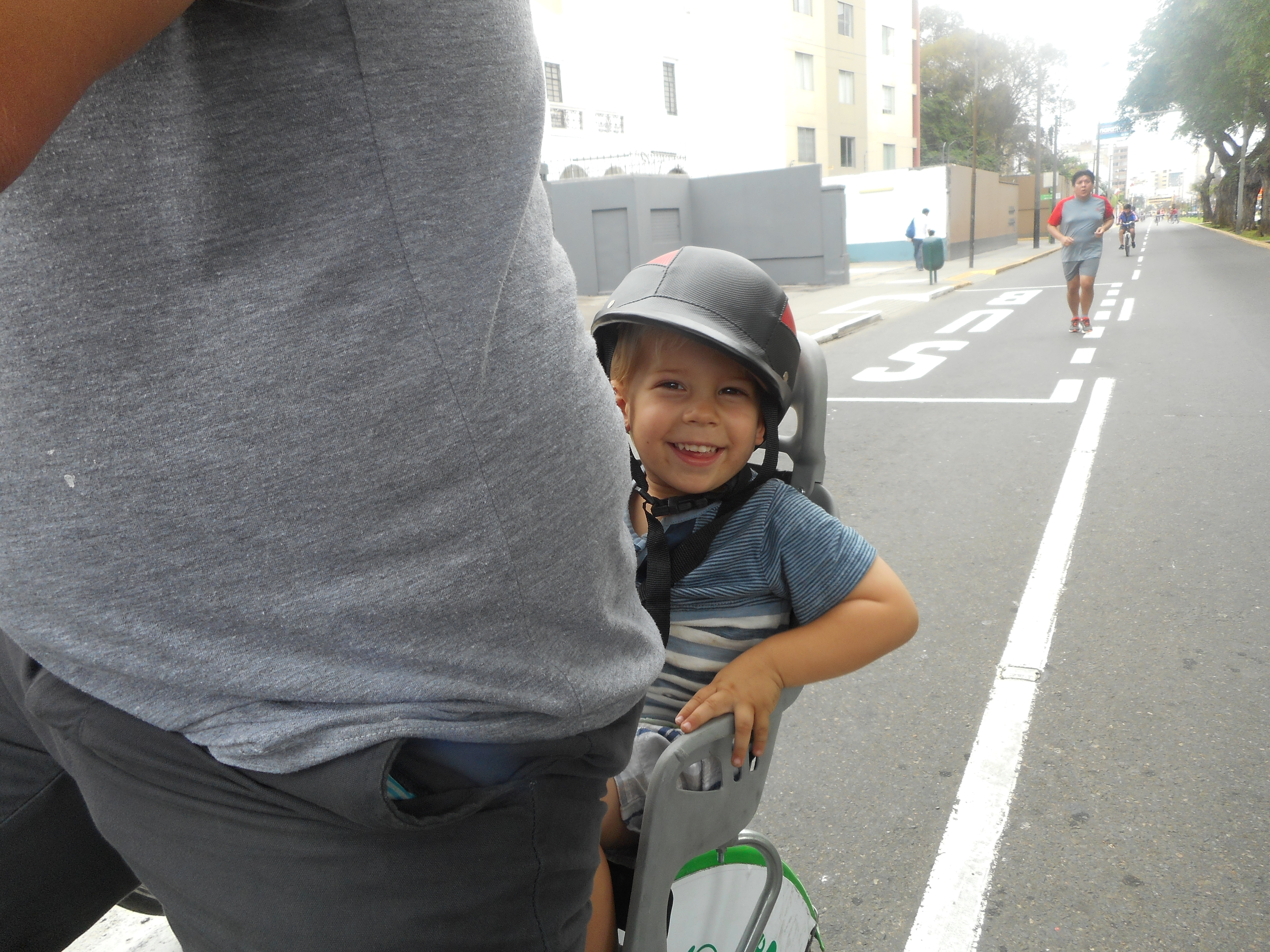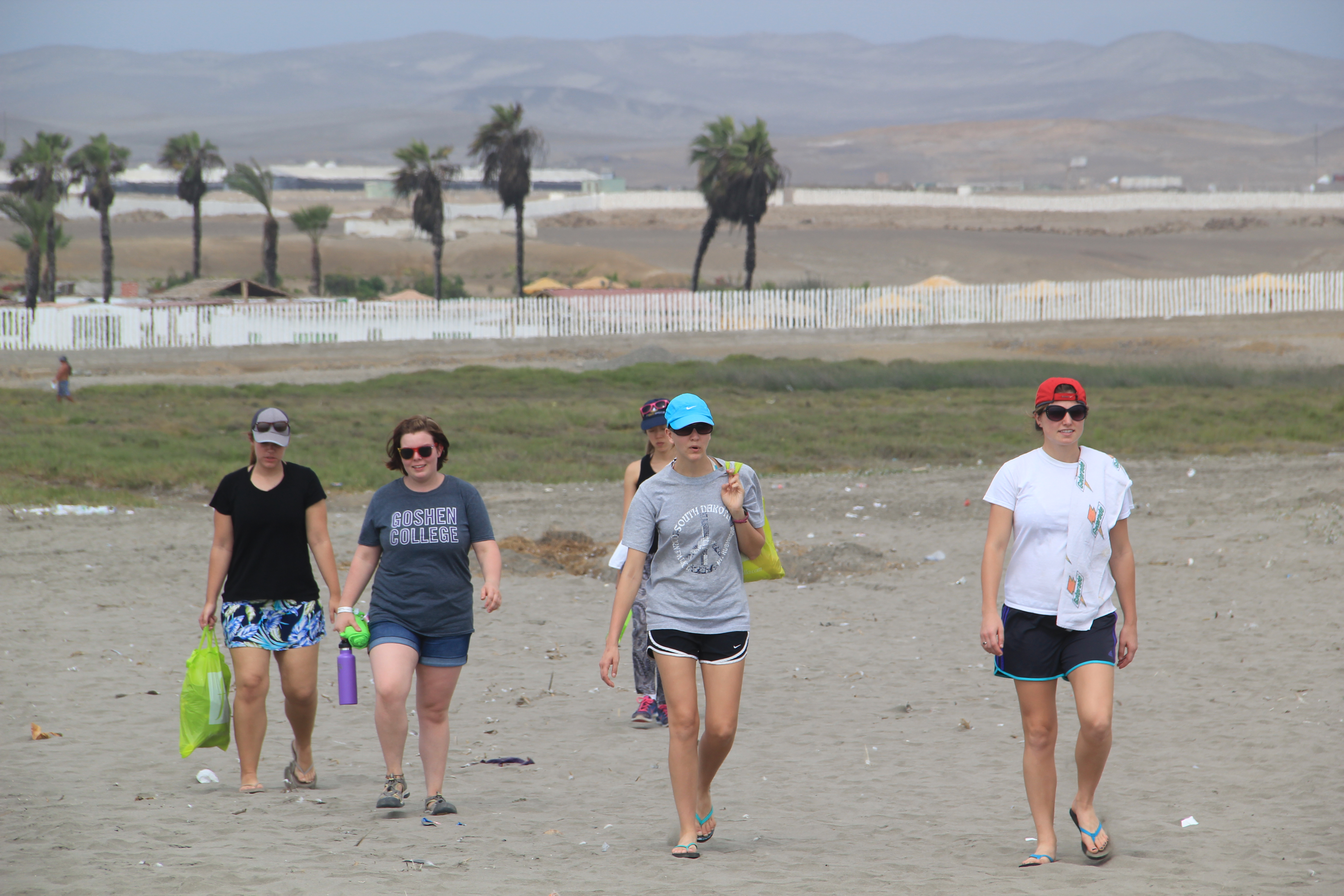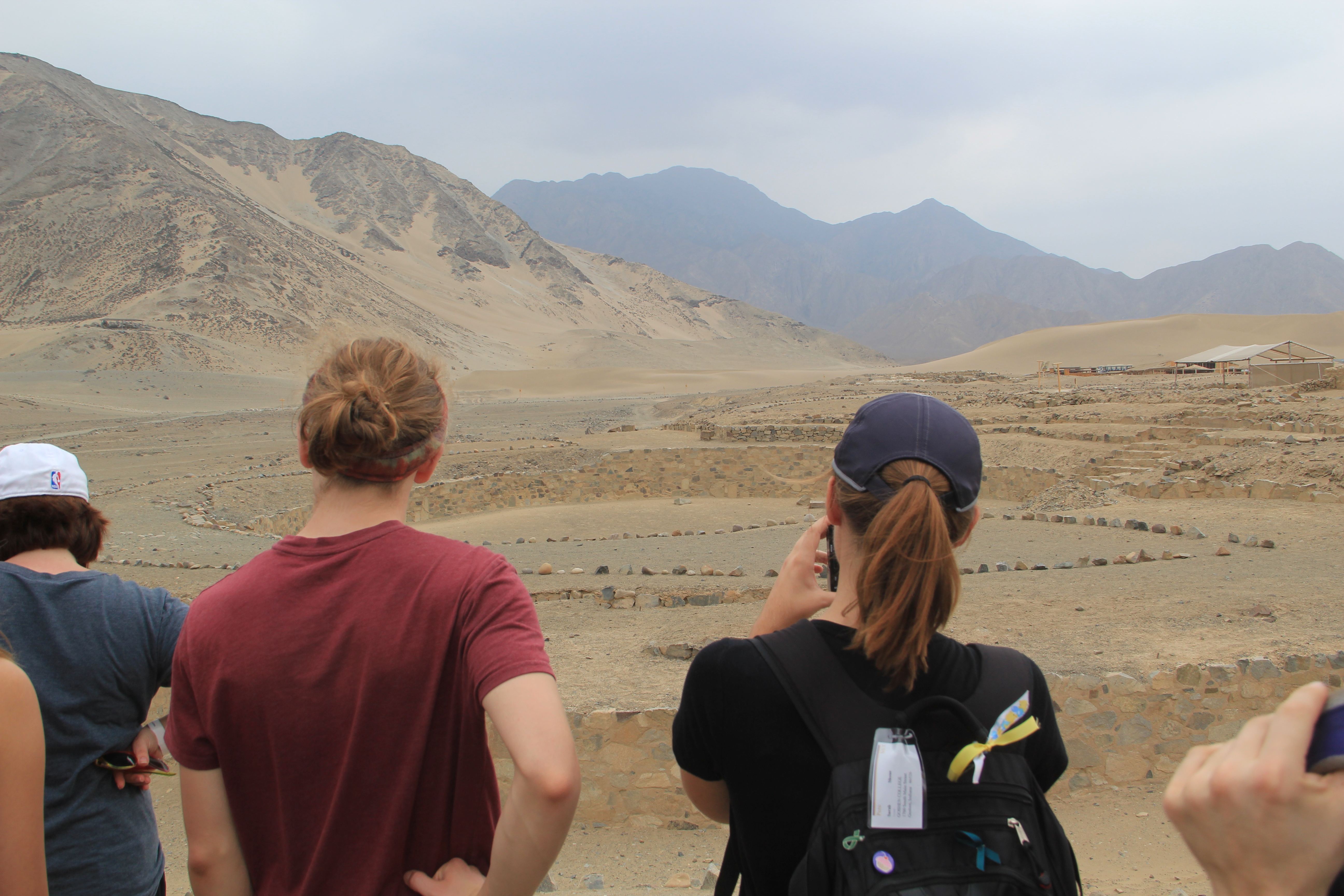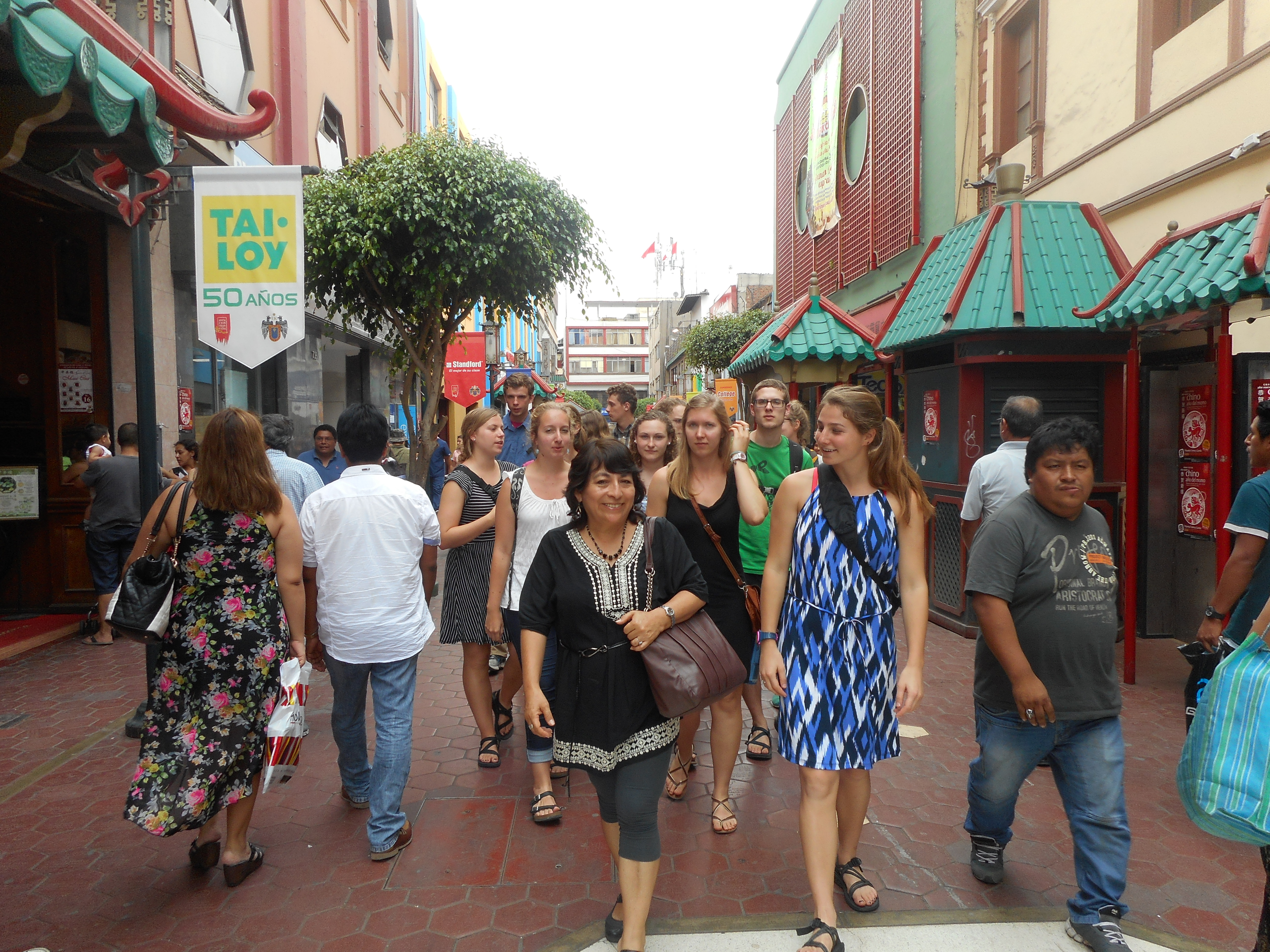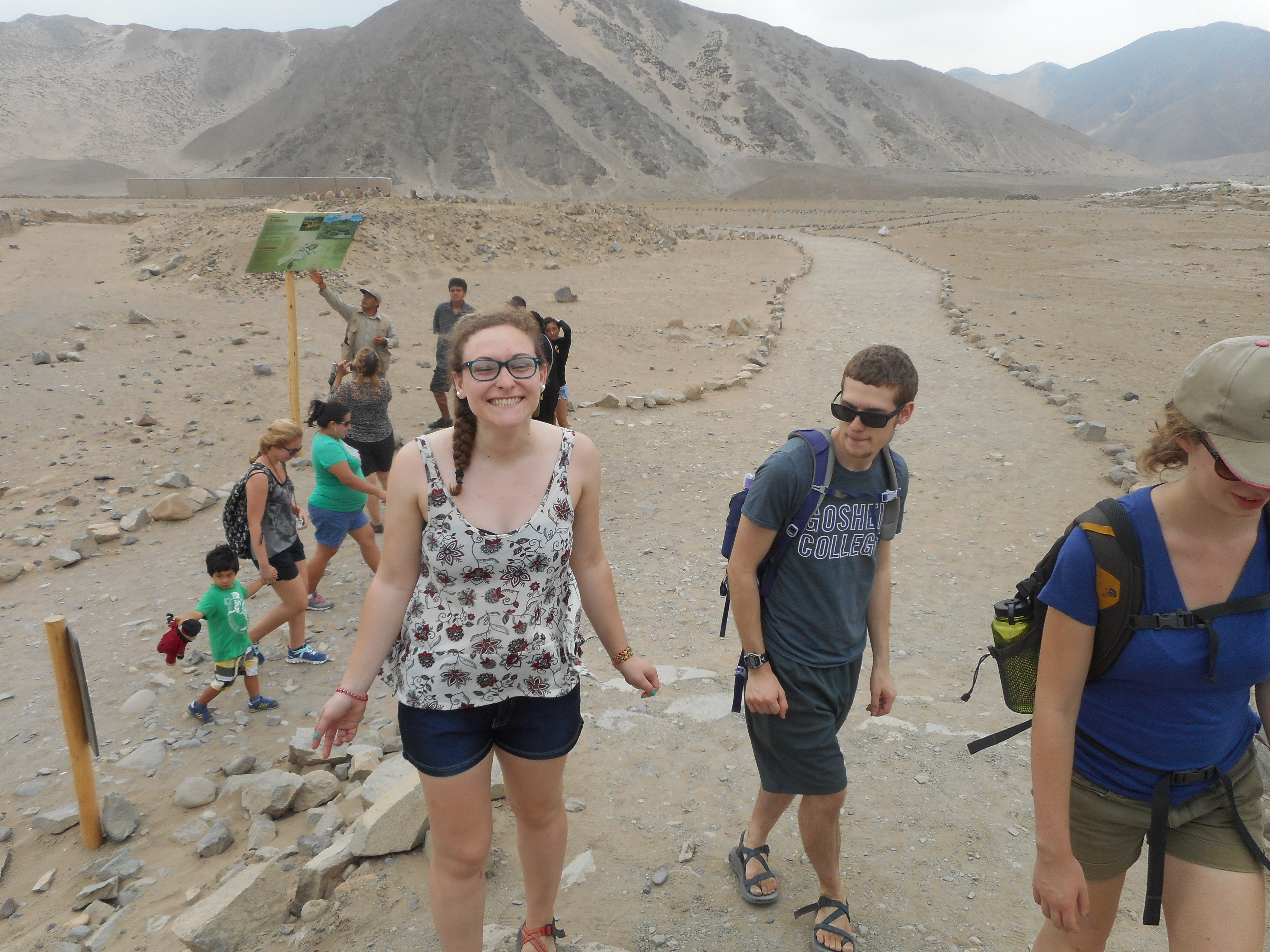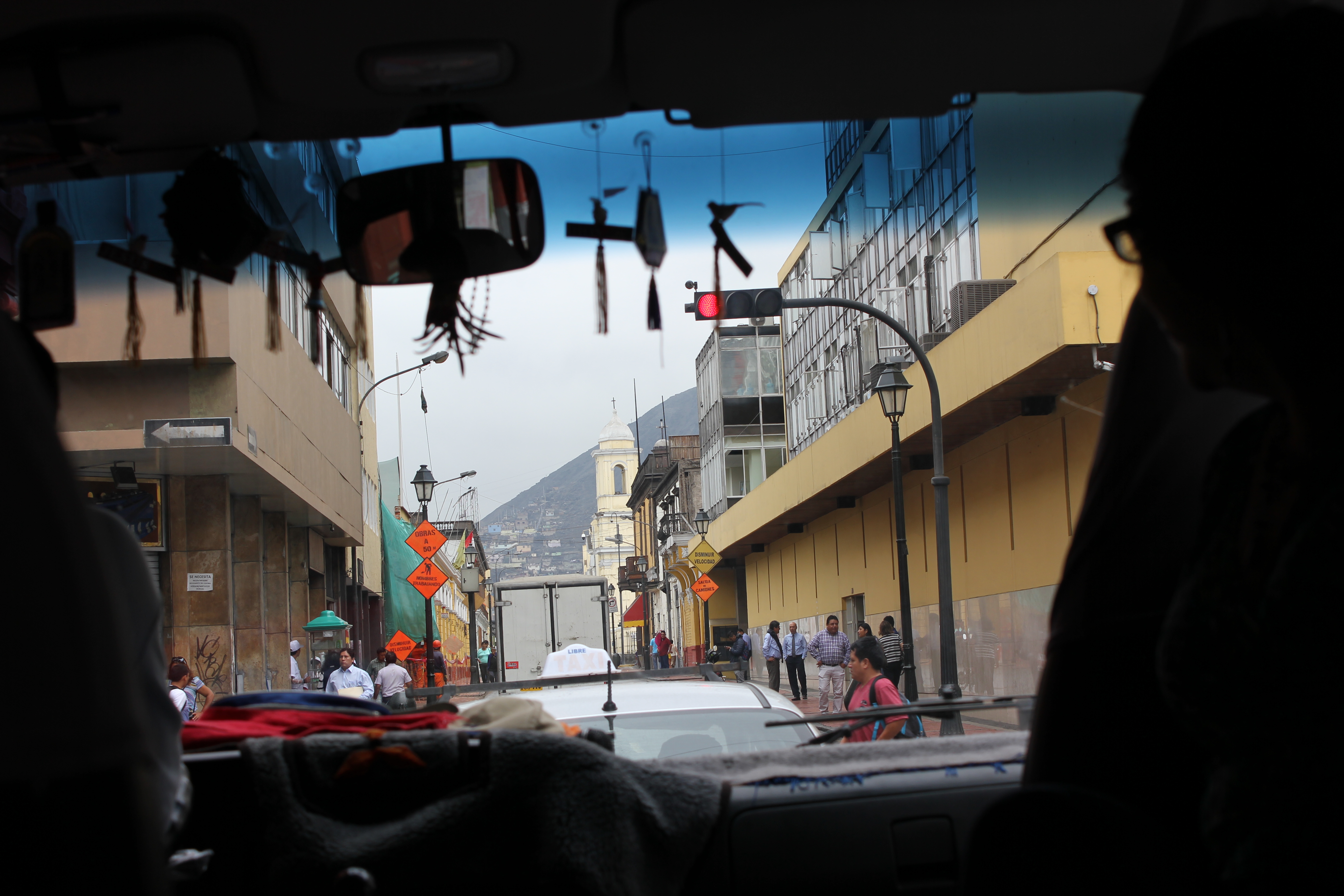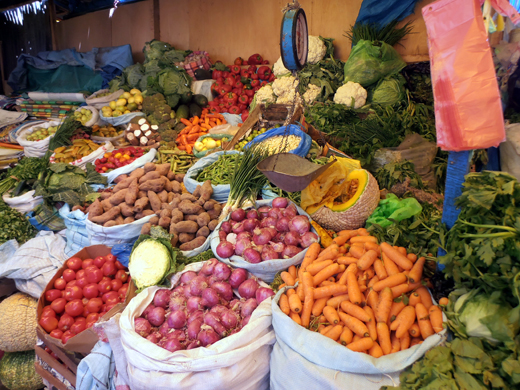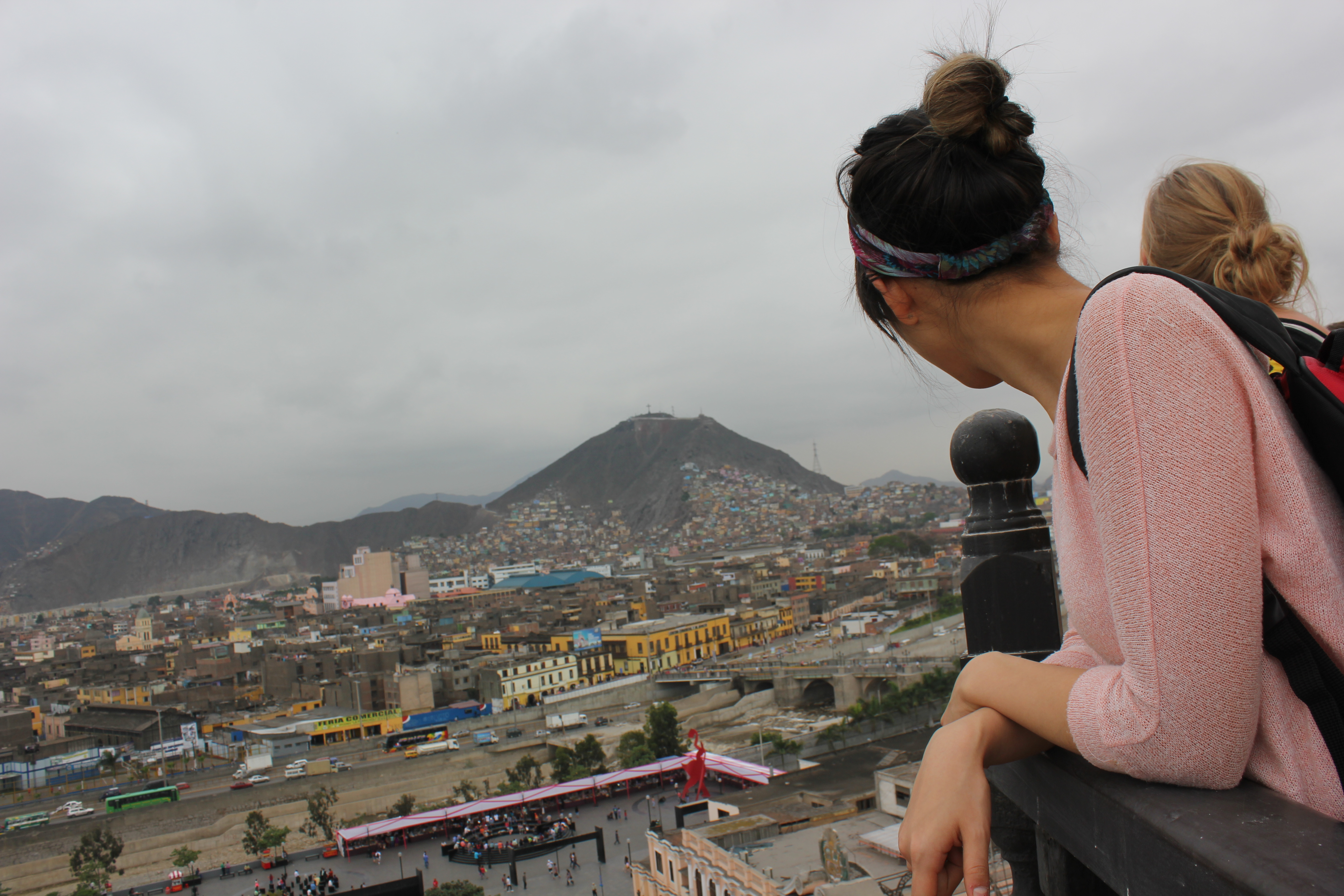SST is hard work.
Posted by: Kathryn Schmidt; bird photos by David Leaman-Miller

SST is a community experience, we go through it together. But it is hard work.
It’s a mountain-top, it’s a spiritual and emotional boot camp. It’s a physical marathon. It’s life-changing, it brings people to tears, to giddiness, to uproarious laughter, to contemplation; it drives these students straight to their journals. It’s an experience they will recall for the rest of their lives, the stories will take on a life of their own. SST is a growth experience unlike anything Kris and I have ever witnessed before.
But the crucible of change is painful. Growth hurts; SST is hard work. Because these students aren’t back-packing around, staying in hostels, seeing sights and having fun. They are balancing heavy culture shock with studying: reading and writing, taking tests and final exams (because this is an academic program, after all.) They deal with their physical discomforts such as diarrhea and stomach cramping, rashes, painful and strange insect bites, allergic reactions, even simple coffee withdrawal. They cope with language barriers all over; cultural shifts. In their weariness after a long day, they return home to a family who is warm and welcoming, but difficult to communicate with. There are misunderstandings and frustrations.
Additionally, living with host families and the variety of domestic chaos that exists in a different place is challenging enough. There are animals wandering around; roofless courtyards with rain and mud; in many places no internet or Wifi; frequently minimal personal space. Some even have to share a bed. And it is difficult to escape the busy household, especially for the girls, because their neighborhoods could be unsafe. They don’t go out alone after dark, and if it’s dark at 6 p.m. they have a potentially long evening in a home environment that is worlds apart from what they’re used to.
Then there’s the goodbyes. Once the students finally get used to their host family and its own particular vocabulary, it’s time to leave, to say goodbye, and do it all over again in a more rural location. There’s tears, hugs, promises to write, hand-holding, prayers. It hurts.
These goodbyes are an added layer to the goodbyes the students have already said to their families back home. The thing about SST is that life goes on—without them. Babies are born, weddings happen. For some, there’s an added layer of family pain to worry about while they’re here. The Kansas killings were very painful for our students with heart-strings there. A few have immediate family members with serious illnesses and hospital stays. How painful, to be so far from home in such crucial times. As I write this my own sister is in the hospital with post-chemo induced heart-failure and I’m here, not there. It’s so painful to be away and there’s the impulse: I need to go back! I should be there! This is crazy! And yet, here we are. Learning to cope together in the challenges of leaving home.
I was reflecting on this particular fact with one student as we gazed on a waterfall after a horseback ride. What an amazing experience! And the question inevitably came up, “why am I here when my loved ones are suffering back home?” We don’t understand; it hurts. Growing up hurts. However, it occurred to me that growth is beautiful, and in order to experience true beauty and growth we need to be willing to walk towards pain. The pain that comes with walking away from our home, our family, our friends, the safety of routine. In order to test our limits, to become who we suspect we can be.
I posed a question on facebook recently about home, because as a Canadian living the US, and now in Peru, I have some questions about where my home is! The answers were funny: home is where you have easy WiFi; take the best naps (or poops); home is where your spouse’s dirty laundry is; home is where nudity may be allowed; home is a place where you can find everything; a place where you can exhale. Finally, at the end of that feed came the answer I was looking for. A good friend in Goshen wisely stated that as Christians we are called to be homeless—to put our trust in God, and to find our home in God. To be willing to be wanderers, bringing love and light where it is needed.
Surely these students are doing exactly that. For one semester, they are wanderers. Bringing light, love, a desire to learn and even some raunchy jokes to a different corner of the world. To be forever changed in the process. It hurts, but there is beauty in that. Thanks be to God.

